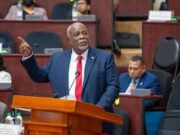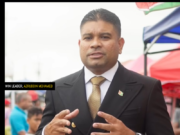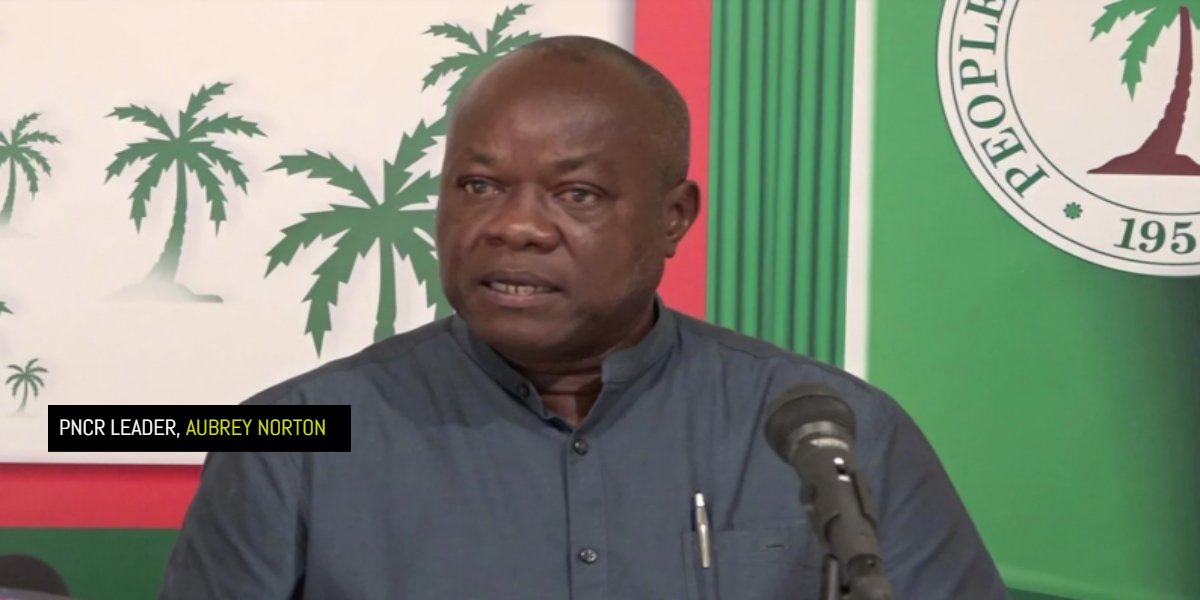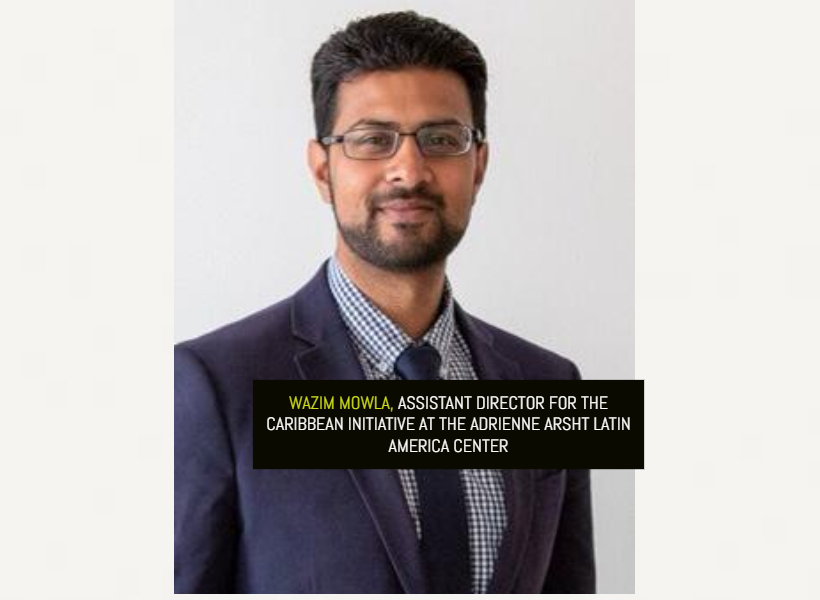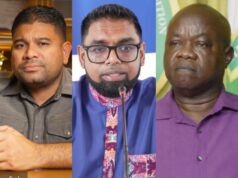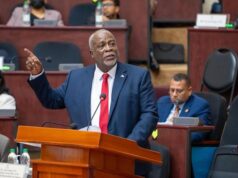With Guyana’s oil production moving to 340,000 barrels per day following the commencement of operations at the Liza Unity FPSO, the country is projected to have $957B in its Natural Resource Fund (NRF) this year.
Given such significant revenues that are poised to increase alongside the country’s title of being a champion for climate change, Guyana has a unique opportunity to allow its oil resources to be an insurance policy against this phenomenon which has devastating impacts on the Caribbean region. Making this point is Wazim Mowla, a Guyanese American and Assistant Director of the Caribbean Initiative at the Atlantic Council’s Adrienne Arsht Latin America Center.
Mowla, who is also a non-resident scholar at Florida International University’s Jack D. Gordon Institute for Public Policy, recently noted that Guyana could use a portion of its oil money to take action against the effects of climate change while still championing environmental issues. This, he stressed, is something other countries with more economic and political clout have only spoken about doing.
“To start, Guyana should consider allocating a target of a minimum percentage of its oil and gas revenue to be devoted to tackling climate change via adaption and mitigation efforts. This includes reinforcing the sea wall and passing legislation that ensures that all homes are built or reinforced with building codes capable of withstanding strong storms and flash flooding,” the Assistant Director stated.
Further, Mowla suggested that revenue should continue to be used to build more roads to quicken response times after sudden-onset climate events. As years go by and climate change worsens, he recommended that there should be an automatic increase in the percentage of NRF revenue used to address climate concerns.
Simultaneously, the International Advisor asserted that Guyana should allocate resources to the rest of the region.
“Guyana is fortunate that it does not experience hurricanes, which puts it in a position to aid its neighbours. Resources should be used to strengthen the Guyana Defence Force, including providing new equipment and training that result in life-saving missions in other countries pre- and post-disasters,” Mowla contended.
He argued as well that Guyana’s proximity to several CARICOM members means that it should shoulder the responsibility of protecting citizens of the community. Mowla is also of the firm conviction that Guyana should acquire and store additional air and naval vessels to rapidly assist sister countries after disasters.
With the foregoing actions, Mowla said Guyana will have an opportunity to grow as a leading, regional voice on addressing climate change. In regional and international forums, he believes Guyana will be able to do something most cannot – advocate for addressing climate change while having a proven track record of taking action.


